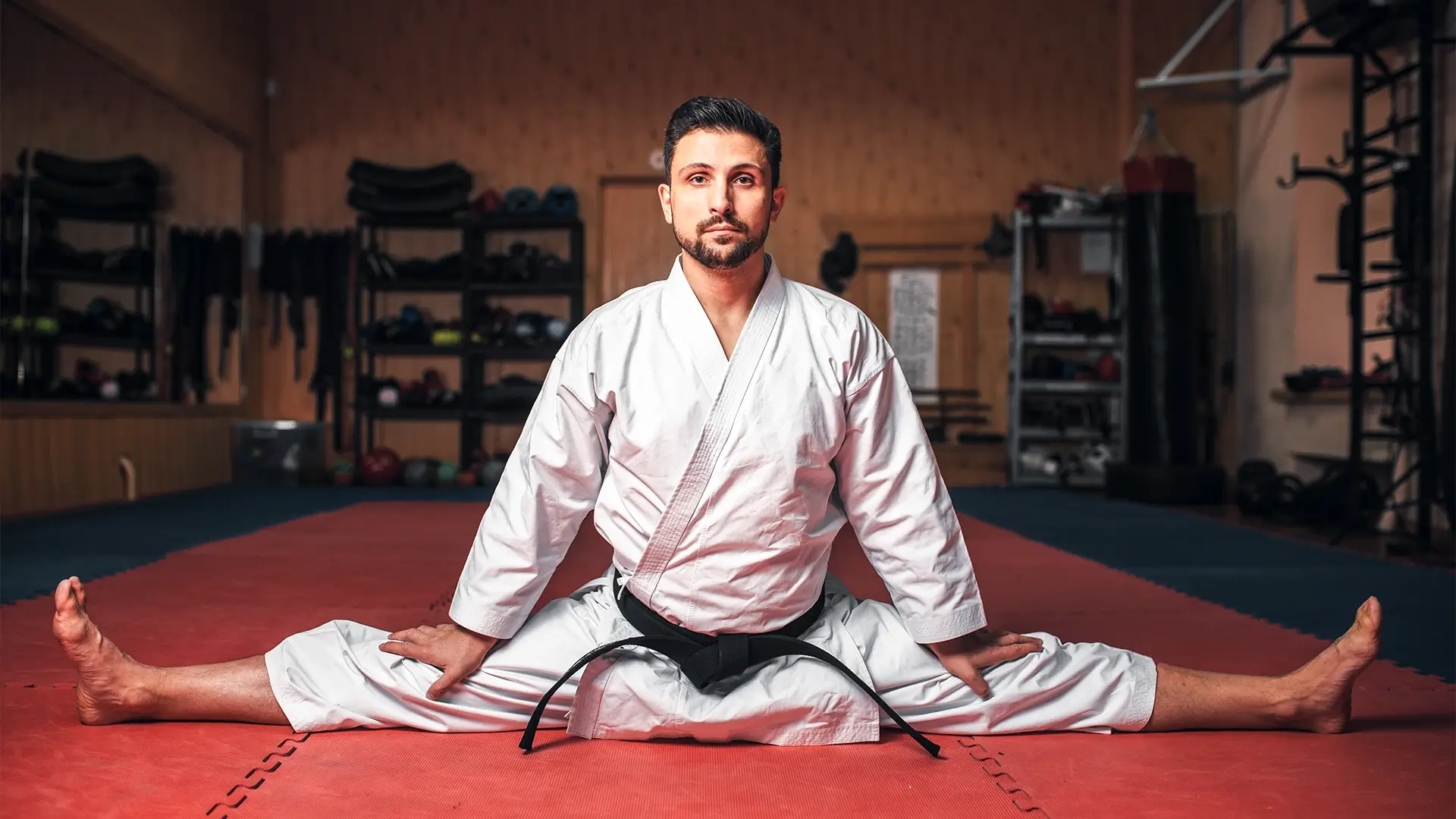Martial arts, beyond its physical techniques and combat strategies, is a profound philosophy that transcends the boundaries of the dojo. Rooted in ancient traditions, martial arts encompasses a deep and meaningful set of principles that shape not only the way practitioners fight but also how they live. In this exploration, let’s delve into the philosophy of martial arts, uncovering the wisdom that lies beneath the surface and understanding how these principles extend far beyond physical training.
**1. ** Discipline and Self-Control: At the core of martial arts philosophy is discipline, the practice of training the mind and body to develop self-control and restraint. Through repetitive movements, practitioners learn the art of patience and the importance of mastering oneself. This discipline becomes a guiding force in daily life, promoting healthy habits, focused work ethic, and the ability to stay calm under pressure.
**2. ** Respect and Humility: Respect is a cornerstone of martial arts philosophy, extending not only to instructors and fellow practitioners but also to opponents and the art itself. Bowing before entering and leaving the training area symbolizes respect for the space, the art, and everyone in it. Humility accompanies respect, reminding practitioners that there is always room for improvement and learning, regardless of their skill level.
**3. ** Balance and Harmony: Martial arts emphasizes the importance of balance and harmony in both physical movements and life choices. Practitioners strive for equilibrium, not only in their stances and techniques but also in their relationships, work-life balance, and overall lifestyle. By finding balance, martial artists achieve a sense of calm and stability, enabling them to navigate life’s challenges with grace.
**4. ** Mindfulness and Presence: Martial arts is a practice deeply rooted in mindfulness, requiring practitioners to be fully present in the moment. By cultivating awareness of their body, breath, and surroundings, martial artists sharpen their focus and enhance their mental clarity. This mindfulness extends beyond the training mat, encouraging practitioners to be present in their interactions, work, and everyday experiences.
**5. ** Continuous Improvement and Perseverance: The philosophy of martial arts teaches the value of continuous improvement and perseverance. Practitioners understand that progress comes through dedication, hard work, and a willingness to face failures and setbacks. This resilience becomes a life lesson, instilling the belief that with persistence and determination, any obstacle can be overcome.
**6. ** Non-Violence and Conflict Resolution: Contrary to the misconception that martial arts promotes aggression, its philosophy advocates non-violence and conflict resolution. Practitioners are trained to avoid unnecessary confrontation and to seek peaceful resolutions whenever possible. Martial arts instills a deep sense of responsibility, teaching practitioners that their skills should only be used in self-defense and to protect others.
In essence, the philosophy of martial arts serves as a guiding light, illuminating a path toward personal growth, self-discovery, and inner peace. Beyond physical prowess, martial arts becomes a way of life, shaping individuals into respectful, disciplined, and balanced human beings. As practitioners embrace these principles, they not only enhance their martial skills but also enrich their lives, embodying the true essence of martial arts philosophy.
